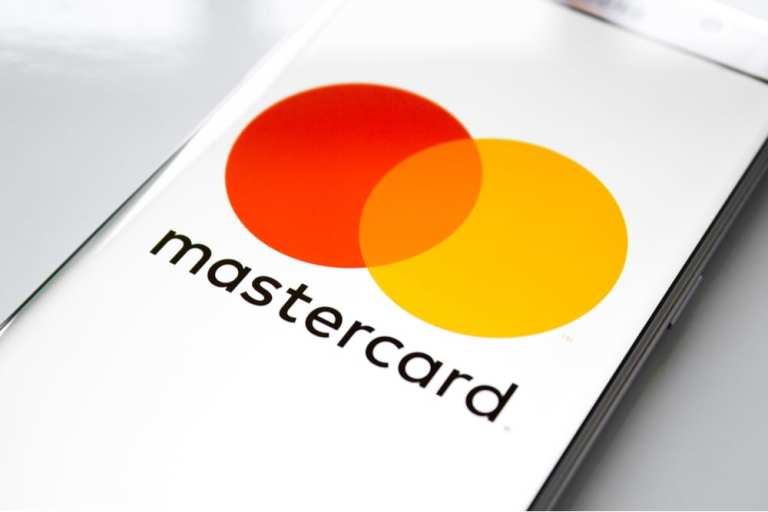Specifically, payments giants are buying up data aggregators, which let consumers share data with thousands of apps — and in the process are taking on the roles of trusted intermediaries as information flows across the financial services landscape.
Visa bought Plaid earlier this year. And Tuesday (June 23), Mastercard said it struck a deal to buy Finicity, which provides access to financial data in real time, for $825 million.
The move is designed to strengthen Mastercard’s push into open banking in the U.S., the payments giant said in an announcement.
Beyond the price tags and headlines lies a pivot toward creating standards for the data exchange between traditional financial institutions (FIs), FinTechs and end users as individuals manage money, access credit scores, pay bills and even apply for mortgages.
In an interview with Karen Webster, Mastercard’s Craig Vosburg, president of North America, said that Mastercard has taken what he termed a “more localized view” about how best to approach new markets.
Advertisement: Scroll to Continue
“We’d been focusing on Finicity for some time as our preferred means of entering the market in the U.S.,” said Vosburg.
And upon bringing some of the same solutions that have been a hallmark of Mastercard’s already extant open banking offerings in Europe to the U.S., Mastercard is seeking to bring greater control to consumers as they manage daily financial activities, he said.
Vosburg said that consumers gain that power chiefly because open banking’s guiding framework is that the individual must consent to how, when and where their information is used.
“This is a ‘mutually-consented-to-arrangement’ as far as what data is exchanged, how it’s exchanged, how it’s accessed, how it’s used through these direct API [application programming interface] connections rather than the kind of model where the consumer turns over his or her password and bank credentials to a third party, and that’s the means of access,” he said.
Vosburg said security of that consumer data has been top of mind — and for Mastercard, one particular spur to buy Finicity rests with the fact that access comes through Finicity’s negotiated agreements and API connections with banks.
Moving Toward Standards
Finicity, he said, has been at the forefront of creating the Financial Data Exchange (FDX), which represents banks, FinTechs and financial services enterprises that support a single data sharing standard.
A standards-based approach to open banking, he said, will instill trust and confidence in the system and eliminate fear that there may be a “rogue or renegade” means of accessing and using data.
A standardized approach to open banking also helps streamline and speed the adoption of APIs and also makes it less costly for banks to enable access to data — while keeping the relationships between individuals and their banks stable, secure and sticky.
On that competitive issue — and the seemingly conventional wisdom that FinTechs will use open banking to lure customers away from traditional FIs — Vosburg noted that “it’s interesting that the open banking dialogue tends to gravitate entirely towards the movement of data from banks to FinTechs, so that FinTechs can deliver different kinds of services to consumers. And that’s certainly an important element of it.”
But, as he said, banks are users of open banking data too. They can use that data to enhance their mortgage lending operations or their wealth management businesses to provide a broader suite of services.
Data, he said, can be used for all manner of everyday activities consumers conduct across financial management activities (and apps) as they opt to pay bills, reimburse friends or link to digital wallets.
Payments, with Mastercard as intermediary, he said, may come across debit or credit activity, but may also be done through direct account-to-account transfers, real-time payments across fast ACH rails, or push payments via Mastercard Send.
There also may be a migration toward tokenization, he said, in a bid to enhance data security through encryption.
Although Mastercard is building out its open banking presence in Europe and is establishing its U.S. beachhead through acquiring Finicity, looking ahead, Vosburg said “ultimately we expect over time that there’ll be some connectedness between our regional strategies. We’ll leverage expertise, and we’ll leverage technology.”




